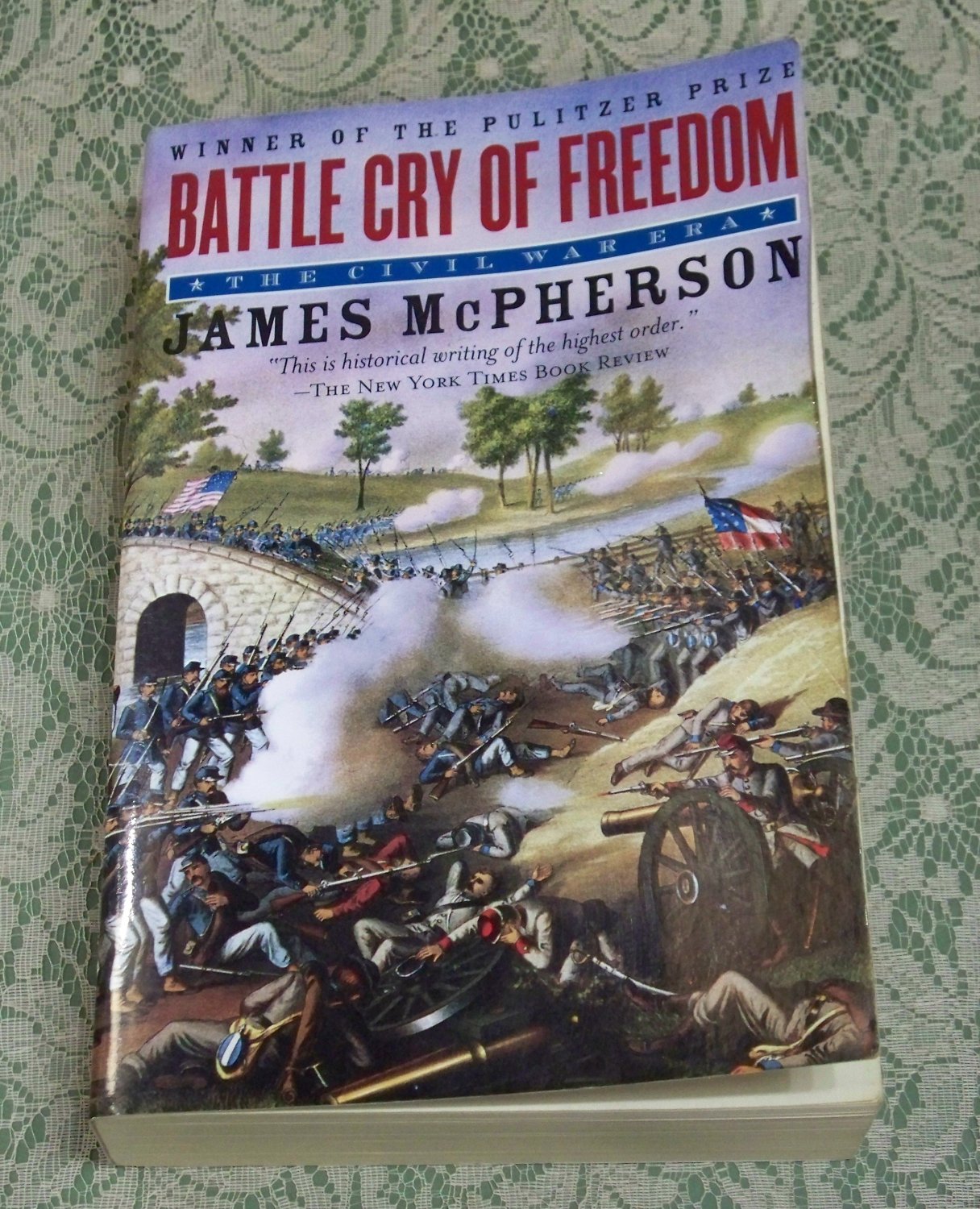

A "Rouge's March" was played when a soldier was executed or discharged for desertion or insubordination. They also accompanied drills and marches and their march into battle. Battle Cry of Freedom (Confederate Version) (Click here for original version.) Based on the writing of George F. These bands played during recruitment campaigns, and celebrated soldiers' departures and their return home. Originating in the mid-1830s, the brass band was a product of a technical innovation, the development of new kinds of keys on horned instruments. It is ironic that the two most popular confederate songs - "Dixie Land" and "The Yellow Rose of Texas" - were written by northern minstrels.īrass bands were extremely popular during the Civil War. Most were the product of the North's booming commercial music industry.

The songs of the Civil War were the product of a blending of multiple styles: hymns, sentimental parlor songs, and uptempo plantation melodies. There are four different events ac-counted for in each Play Deck, and each individual. And there were postwar songs, of which one of the most famous, "Sleep Noble Hearts," was written for a reunion held to commemorate the fiftieth anniversary of the battle of Gettysburg. The Confederate wins if the Union player cannot achieve his objectives. African American soldiers and slaves produced their own songs, as did abolitionists one such song, "Kingdom Coming" describes masters fleeing their own plantations during the war. Some popular songs, like "Battle Cry of Freedom," were introduced at war rallies or during fundraising drives the Hutchinson family introduced this song at an 1861 war rally in New York City's Union Square. Few companies were without a fiddler or banjo player, and the soldiers sang songs that described the conditions they faced - like "Tenting on the Old Camp Ground" - as well as songs that described the battles and campaigns they took part in - like "Marching Through Georgia." Im all for them shooting better given they are some back water musket jockies but if youre gonna make it so sided then give the Union more troops because 80 of Commander matches are won by the Confederates for bogus reason. Music was an inextricable part of the soldiers' lives. Comic ditties and parodies, which gave voice to resentments and frustrations. Sentimental songs - like "The Vacant Chair"Just Before the Battle, Mother" - suggested the conflict's human toll. Inspirational songs - like "John Brown's Body"The Battle Hymn of the Republic" for Northerners or "Maryland, My Maryland" (sung to the tune of the German song, "O Tannenbaum") or "Dixie Land" for supporters of the Confederacy-helped define the meaning of the war and the cause for which the troops were fighting. Music touched every aspect of the Civil War.


 0 kommentar(er)
0 kommentar(er)
